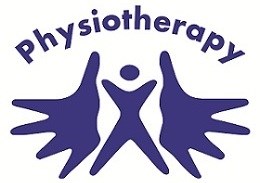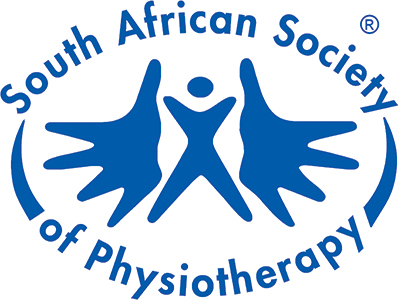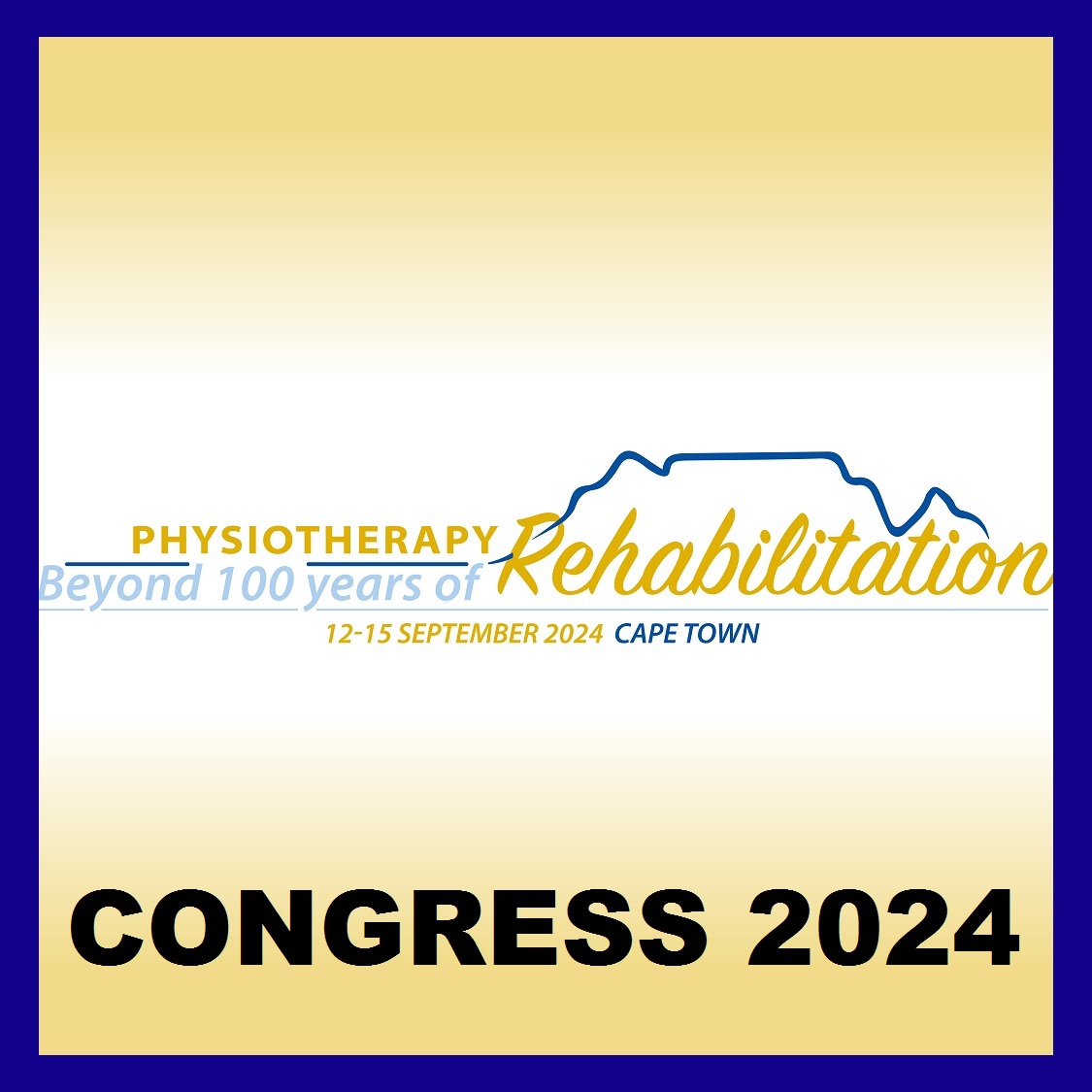
Seeking better quality of life?
Leap the hurdles, regain the energy, lead a full, active life
Your physiotherapist has got your back!
As the year swings round towards summer, we sigh with relief: time to do outdoor things, to enjoy swimming, hiking, cycling, for the children to play sports and other activities.
Has anyone ever discussed the impact of heat on you and your health? Is your children’s school making contingency plans for hot days?
We’re moving into a ‘new normal’ in which we are much more likely to get extreme heatwaves, which, in the South African context, have been defined as occurrences when the daily maximum rises to equal or above 35°C on three or more consecutive days, or events where it rises to 30°C on five or more consecutive days (lower maximums but of a longer duration).
Some of the excessive heat health impacts include:
- muscle cramps – if you’ve been sweating heavily and not rehydrating with fluids that contain a balanced mix of electrolytes, you can have severe cramping.
- heat oedema (swelling in feet, ankles and fingers, for example) – the body tries to cope by dilating blood vessels and sending blood to your extremities to radiate heat outwards.
- confusion and dizziness caused by the alterations to the blood vessels – this can even lead to unconsciousness (remember the tennis player, Frank Dancevic, who passed out in record heat at the Australian Open in Melbourne, 2014?).
- heat exhaustion, which can be incredibly dangerous, accompanied by nausea, frequent cramping, palpitations and more nasty symptoms.
- over the long term, poor hydration while working or exercising during extreme weather can lead to kidney disease – it is likely one of the contributing factors to a killer epidemic of ‘chronic kidney disease of unknown aetiology’ that has taken the lives of many young men in Central America and Sri Lanka recently.
“There are simple and effective ways to cope with the effect of extreme heat on health,” says Prof Witness Mudzi, president of the South African Society of Physiotherapy. “Having plenty of cold water on hand, as well as rehydration salts, is a crucial intervention. Cooling the person down, with wet cloths and fans and the like, moving them to a cool area and so on – if you catch it before it gets too serious, fluid and coolness will do the trick.
“But as physiotherapists, we’d like our patients to avoid any kind of brush with heat stress. During spells of extreme heat, we’d advise that you avoid physical exertion in the hotter part of the day. Schools might want to rejig the schedule for sports with this in mind.” Children should not be playing outside between 10 am and 16 pm.
For physiotherapists who have taken an interest in a broad range of fields, from sports to occupational health to paediatrics, it is important to make use of some simple interventions that can make a huge difference to mitigate against extreme heat which include: shaded, cool spots for breaks, water on tap, hats and other protective gear. “If you’re concerned about the risk of extreme heat to your physical activities, whether on the job, on the sports field, in the gym or at school, ask a physiotherapist to come and assess the situation and give practical advice.”
From heatwaves to injuries to illness, whatever comes between you and a well, happy, functioning body, ask your physiotherapist – we’ve got your back!
To find a physiotherapist, go to www.saphysio.co.za/find-a-physio/
References available on application to nec_communications@saphysio.co.za
Issued by The South African Society of Physiotherapy - (011) 615-3170 / www.saphysio.co.za
Back






